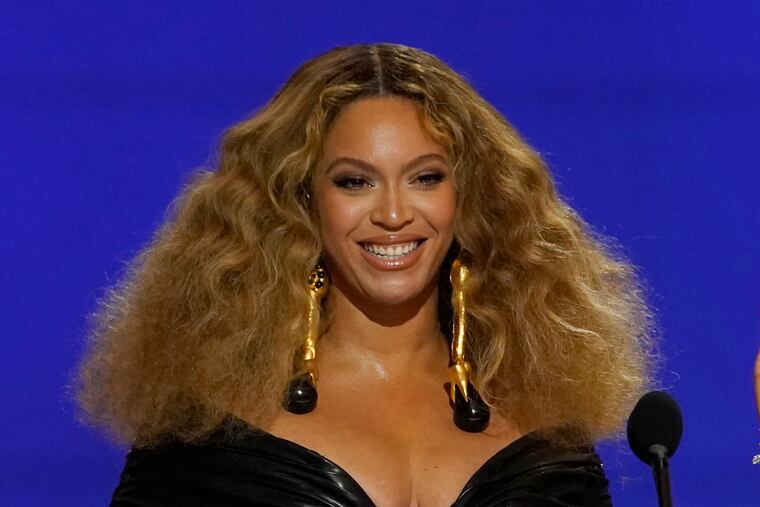Widener University offers a freshman class on Beyoncé and her cultural influence
Faculty member Richard Cooper wants to take a 'fun topic' and help students think critically about the pop culture they consume.

This fall, Widener University’s freshman students are exploring their love for Beyoncé in a course dedicated to the Grammy-winning singer.
Richard M. Cooper, faculty of the bachelor of social work program and co-coordinator of African American Studies, decided a class focused on Beyoncé would be a fun way to engage students in his freshman fall seminar, which is designed to welcome new students while they navigate their early college days.
The class, titled “Queen Bey,” is one of 25 freshman seminar options available this semester at Widener. The class at is made up of 10 students, and hosts open discussions about the multi-hyphenate superstar alongside exercises that help the freshmen get to know their classmates.
“I teach courses in African American history and culture, but I always look for a way to engage students … to explore themes that [are] oftentimes left [at] just ‘that this is cool or this is pop culture,’” he said.
Teaching Beyoncé is Cooper’s way of “lifting the surface” of a fun topic and helping students think critically about the pop culture they consume. “In a liberal arts school, no matter what your major is we can make you sharper,” he said.
Engaging students with pop culture isn’t new for Cooper, who has offered a course in contemporary African American films. For the Beyoncé class, he was inspired by Riché Richardson, a professor at Cornell University’s Africana Studies and Research Center, who offered a three-credit course on the singer. Cooper often reads aloud and discusses excerpts of Richardson’s book, Emancipation’s Daughters: Reimagining Black Femininity and the National Body, with his Beyoncé class.
For Cooper, Beyoncé's body of work offers a plethora of discussion topics, from her impact on country music to women’s empowerment. Her work shows students that “popular culture can be greater than ‘I listen to these songs in my headset.’ They bring us meaning and joy and pleasure in the world,” he said.
Cooper is considering offering a similar class with another artist for next year’s freshmen.
“I might have to pick a younger artist — Beyoncé is 43, and I’m not hating on age, but I want an artist that they are actively listening to,” he said. “I want to see what happens if I go younger, and see how that pushes me to get them to look at a phenomena that they are more actively experiencing because it’s [an artist] they love.”